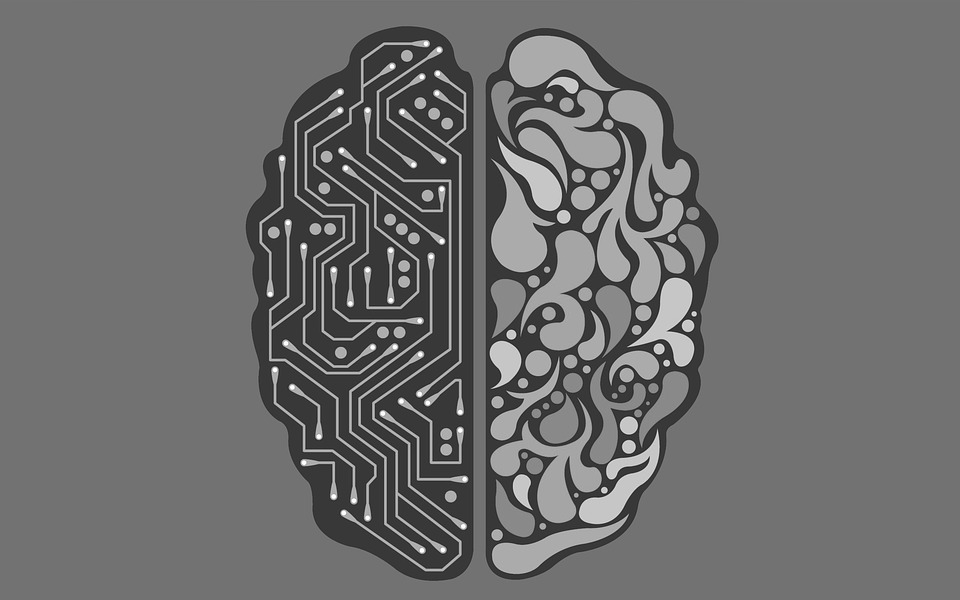 EMERGING TECH
EMERGING TECH
 EMERGING TECH
EMERGING TECH
 EMERGING TECH
EMERGING TECH
The artificial intelligence research organization OpenAI says it has developed software to build faster and more efficient neural networks that take up less memory on the graphics processing units that power them.
OpenAI is a nonprofit research firm founded by Tesla Inc. Chief Executive Officer Elon Musk that wants to promote and develop friendly AI in such a way as to benefit humanity as a whole. The organization aims to “freely collaborate” with other institutions and researchers by making its patents and research open to the public.
Neural networks are systems of programs and data patterned on the operation of the human brain that learns from and adapts to initial rules and experience. They’re commonly used to power deep learning systems, which are a subset of AI that attempts to mimic the learning approach of human brains.
Neural networks are pretty complex things, built using layers of connected nodes, but their processing power is limited by the architecture of the GPUs they’re run on.
OpenAI’s researchers say that it’s possible to make neural networks more efficient by introducing something called sparse matrices into their design. A sparse matrix is essentially just a mathematical matrix that’s filled mostly with zeros. These blank elements can then be compressed and bypassed in matrix multiplications, saving on computation and taking up less memory on GPUs.
The extra computation power that’s saved can then be used to create deeper neural networks that can be trained more efficiently. As a result, the networks can perform inference, the running of the algorithms, as much as 10 times faster than regular matrices can.
The problem for OpenAI is that Nvidia Corp., the biggest manufacturer of GPUs for neural networks, doesn’t support sparse matrix networks in its hardware. To overcome this problem, OpenAI has created what it calls “block sparse GPU kernels” — kernels are software programs that are used to manage communication between hardware and software — to create these sparse networks on Nvidia’s chips.
OpenAI used its enhanced neural networks to perform sentiment analysis on user reviews on websites including Amazon.com and IMDB.com and reported some impressive performance gains.
“The sparse model outperforms the dense model on all sentiment datasets,” OpenAI’s researchers wrote in a blog post. “Our sparse model improves the state of the art on the document level IMDB dataset from 5.91 per cent error to 5.01 per cent. This is a promising improvement over our previous results which performed best only on shorter sentence level datasets.”
OpenAI said it’s sharing its work with the wider research community so its block sparse GPU kernels can be used for other projects. They can be accessed via GitHub here. The kernels are written in Nvidia’s CUDA programming language, and are currently only compatible with the TensorFlow deep learning framework. They also only support Nvidia GPUs, but OpenAI said they can be expanded to support other frameworks and hardware.
However, OpenAI warned that although its results were impressive, it doesn’t yet have enough data to know “when and where they help” neural network architectures, so it’s asking the wider research community to help it explore the idea further.
Support our mission to keep content open and free by engaging with theCUBE community. Join theCUBE’s Alumni Trust Network, where technology leaders connect, share intelligence and create opportunities.
Founded by tech visionaries John Furrier and Dave Vellante, SiliconANGLE Media has built a dynamic ecosystem of industry-leading digital media brands that reach 15+ million elite tech professionals. Our new proprietary theCUBE AI Video Cloud is breaking ground in audience interaction, leveraging theCUBEai.com neural network to help technology companies make data-driven decisions and stay at the forefront of industry conversations.